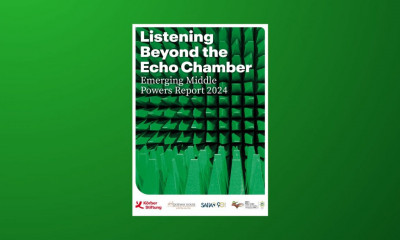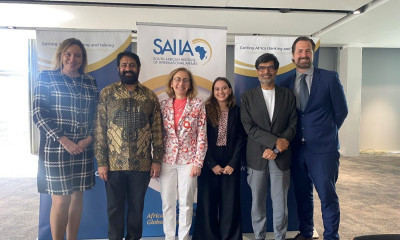The municipality combined privatisation with a black economic empowerment deal, under which Siza is majority controlled by French multinational SAUR Services. Because of the way the deal was structured, Siza is not yet making a profit but SAUR made a 21% return on its investment from the first year of the concession. In 2001 Siza found itself unable to pay its concession fees, partly because of a 20% increase in the cost of water charged by the bulk supplier. This led to a substantial adjustment to the contract, including halving the annual concession fee to be paid to the municipality until 2006, reducing investment commitments and increasing prices for consumers.
The concession is regarded as a partial success in that water and sanitation targets in the wealthier areas have been achieved. However, targets in the poorer areas have not all been met.
Lessons:
- In the first year of the concession there were 140 cases of cholera in the area as a result of people drawing unhygienic water from streams rather than paying for treated water;
- The poor were not cushioned from the impact of tariff increases.
- Local municipal water and sanitation authorities need capacity building.
- Planners require more accurate feasibility studies.
- Government should clarify policy regarding free water and allocation of grants in concession areas, and contracts should specify what process should be followed in the event such terms change.
- Greater transparency on the part of the municipality and the private operator can lead to greater trust and acceptance from consumers.
- Small water concessions are less commercially viable than larger ones.






